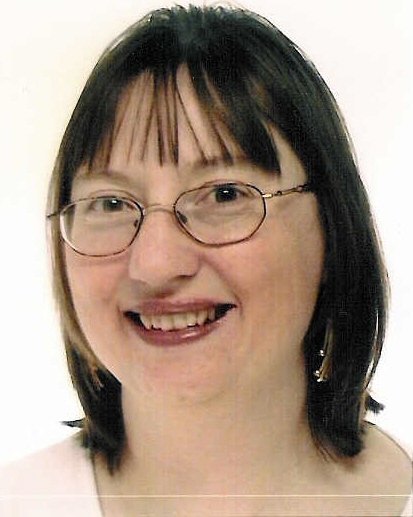There are 1.7 million children in England with special educational needs, ranging from dyslexia and Down’s syndrome, to autism and attention deficit hyperactivity. The way their needs are met is currently under review by the government. And not a moment too soon.
Next month a new foundation is being launched which will enable multi-disciplinary practitioners, including health and social care providers, as well as education specialists, to all work under umbrella and could transform the present fragmented and bureaucratic system.
The Clarity Foundation, which I am helping to promote, is is the brainchild of speech and language therapist Janet O’Keefe and Robert Ashton, best selling business author, social entrepreneur and campaigner. They are both passionate about providing a new joined-up efficient system which supports children and their families with educational support, while at the same time eliminating unnecessary costs, duplication and time wasting. It will be launched at a two-day conference in Newbury on 14-15 October.
If your child has special educational needs – and this covers 4-25-year-olds under planned reforms – you will know how vital it is to have a system that has the child’s best interests at its heart. You may have experienced frustrations and been fobbed off in an attempt to obtain the best support for your child.
One of the conference speakers is educational psychologist and former head teacher Charlie Mead, who has worked with children with severe emotional and behavioural problems and special needs for 20 years, who expresses grave concerns about the present system which, he claims, has led to neglect in some cases for vulnerable young people, with people afraid to stand up and speak, and the recession’s impact.
He says: “Charities are afraid to stand up for their clients in case their funding is withdrawn. Academies are afraid of further failure by taking on exactly those students who would benefit most from their resources. Children and Family Services have neglected the vulnerable due to bureaucratic inertia and a lack of consistency. All these situations can be changed if the interests of the child are put first.
“When working with highly vulnerable children in care, many of whom have been sectioned, it is clear that the recession is having a considerable impact on the young people and their families – especially those who cannot cope emotionally, are addicts, are sexualized early and have been abused. They need expert consistent provision – not piecemeal services from organisations who are threatened by lack of funding.â€
Janet explains how the Clarity Foundation could help remove those barriers:
 “We believe that having a one-stop shop is the best way to enable parents and local authorities find all the support services desperately needed by children with special needs, and that our foundation is the most practical and efficient way of ensuring that those services are integrated and coordinated. We need to bring practitioners from health, education and social care together and plan for the future while the present guidelines for new contract arrangements is under review. Our foundation will be a valuable database of all heath and social care providers, as well as education specialists.
“Additionally, we can streamline time consuming and expensive administrative processes. For example, we can help with criminal bureau checks and professional indemnity insurance. At the moment, if a practitioner is not directly employed by a school or local authority, every school they visit should conduct its own CRB check. Many practitioners regularly visit 20 schools a week sometimes in several different counties and are therefore checked 20 times.â€
For further details of the conference entitled, Towards a Positive Future, which is aimed at parents and professionals, to inspire, share experiences and discover how they can achieve more for children with special needs, please see their website. It is being held at the Arlington Arts Centre, Newbury, which is based at the Mary Hare School for deaf children. Janet will also be a launching a book at the conference which she has edited and is also called Towards a Positive Future, and includes stories, ideas and inspiration from children with special educational needs, their families and professionals.
I hope this foundation is supported by the government.

It sounds an excellent idea.
Thank you!
Sounds very good – my neighbour’s daughter has just started at Mary Hare
It is an excellent school. Do hope they are coming to the conference.
This is an excellent and sound idea – helping families and reducing cost. Should be a winner as we need to make public services more efficient without reducing the support they give.
I would however like to add that school starting age and the right of children to defer a year be included. Many children are given “special needs” support when the real issue is that they are simply not ready at just 4 to start formal schooling – even play-based. The special needs support they get, whilst great, is expensive, takes resource away from children who really need that support and is actually not that effective.
This is the whole idea of the Foundation and also to enable independent health, education and social care practitioners be more visible to parents, schools and statutory authorities so that the excuse that support cannot be given because there is no one experienced, trained or geographically close is unable to be used.
I agree with your comment on deferred school entry needing to be a more acceptable option.